 Driving under the influence charges can pose a threat to your livelihood. If your profession, business, or service requires you to have a state license, a criminal conviction may impact obtaining or renewing your license.
Driving under the influence charges can pose a threat to your livelihood. If your profession, business, or service requires you to have a state license, a criminal conviction may impact obtaining or renewing your license.
If you are a pilot, there are stringent rules and procedures that must be followed if you are arrested for DUI. A conviction or motor vehicle action (MVA) may result in sanctions against you, so you need to seek legal counsel immediately to know and understand your rights and responsibilities.
The Federal Aviation Administration is governed by the Federal Aviation Regulations (FAR) which are found under the Code of Federal Regulations (CFR). 14 CFR Section 61.15 deals with alcohol or drug offenses, not involving the use or operation of an aircraft, and the effects on a pilot’s license.
The pilot has 60 days from the effective date of the administrative action, (driver license suspension, revocation, or cancellation), or conviction to report the MVA to the FAA. Notification must be done in writing and not over the phone. The FAA provides a standard “Notification Letter” on their website.
Each event, conviction, or administrative action must be reported. This means that one incident that leads to an administrative action and a conviction requires two notifications to the FAA. Even though two notification letters are sent, it will be deemed as one alcohol-related event for investigation purposes.
The reporting requirements for a MVA does not include a conviction for reckless, careless, or negligent driving, but it does include any administrative action. However, arrests, administrative actions, and convictions are reportable under the airman application for a medical certificate.
Once a MVA is reported, an investigation will be initiated. Investigators will ensure that the MVA was timely reported and that no other reportable actions were involved. If the MVA is reported after the required 60 days, but before the FAA discovers the MVA, that will be considered a mitigating factor in determining the sanction. Failure to notify the FAA within the 60 days may result in the denial of an application for any certificate, rating, or authorization issued for up to one year after the date of the MVA or a suspension or revocation of any certificate, rating, or authorization issued.
Due to a provision in the “Application for Airmen Medical” form 8500-8, the pilot gives consent for the National Driver Register, or NDR, to release the pilot’s driving record to the FAA. So eventually, the FAA will find out about MVA’s regardless of the pilot reporting it on their own.
If the FAA finds out about the MVA and it was not self reported, a formal investigation will be initiated. The pilot will be given a Letter of Investigation with an opportunity to respond.
 San Diego DUI Lawyers Blog
San Diego DUI Lawyers Blog


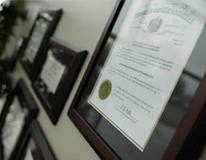 In California, many professions require a license by the State of California. When applying for or renewing a license, the applicant is usually asked if they have ever been convicted of a crime, this includes the crime of
In California, many professions require a license by the State of California. When applying for or renewing a license, the applicant is usually asked if they have ever been convicted of a crime, this includes the crime of 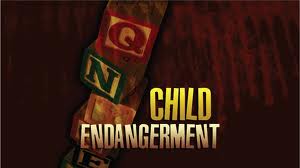
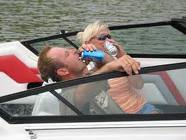 Under the
Under the 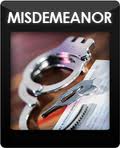 A
A 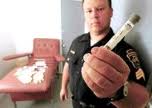 The Florida Fifth District Court of Appeal heard arguments this week on whether law enforcement can forcibly draw blood from certain DUI suspects. Currently, Florida law allows forced blood draws without a search warrant in suspected drunk driving cases involving death or serious injury.
The Florida Fifth District Court of Appeal heard arguments this week on whether law enforcement can forcibly draw blood from certain DUI suspects. Currently, Florida law allows forced blood draws without a search warrant in suspected drunk driving cases involving death or serious injury.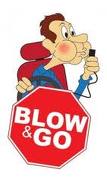 Ignition interlock devices, or IID’s, were found to prevent repeat DUI offenders, according to the
Ignition interlock devices, or IID’s, were found to prevent repeat DUI offenders, according to the